Can AI Improve Your Work Life?
A Brief History of AI
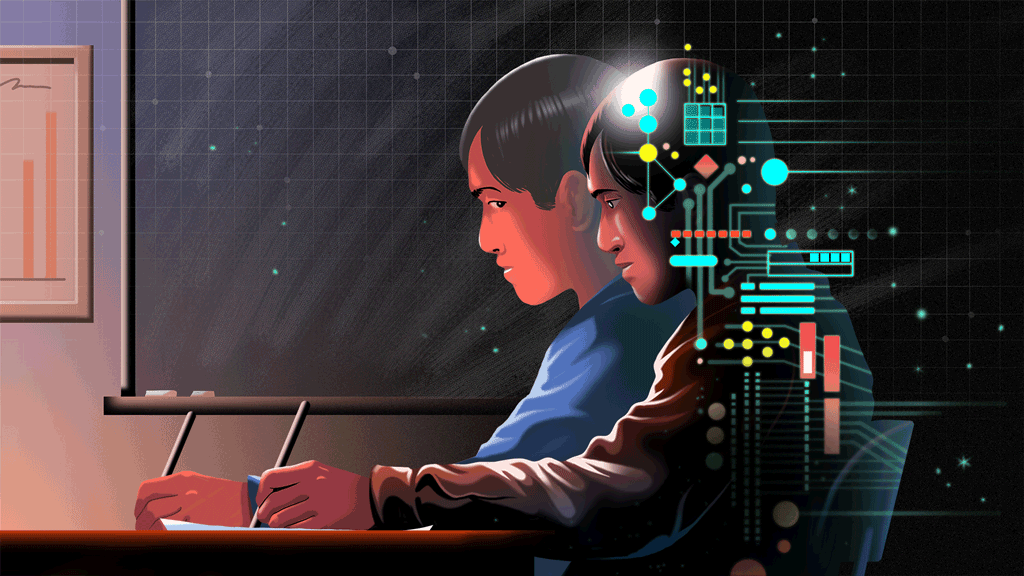
Imagine a world where machines could think. That dream sparked the birth of Artificial Intelligence (AI) in the 1950s. Visionaries like Alan Turing and John McCarthy laid the groundwork, wondering if computers could truly learn and solve problems like humans.
Fast forward a few decades, and AI made its way into our daily lives. From the voice assistants on our phones to the algorithms recommending our next favorite movie, AI has woven itself into the fabric of modern life.
How AI is Changing Jobs
Change can be unsettling, and yes, AI is transforming the workplace. But instead of focusing on jobs lost, let's shine a light on the opportunities it creates.
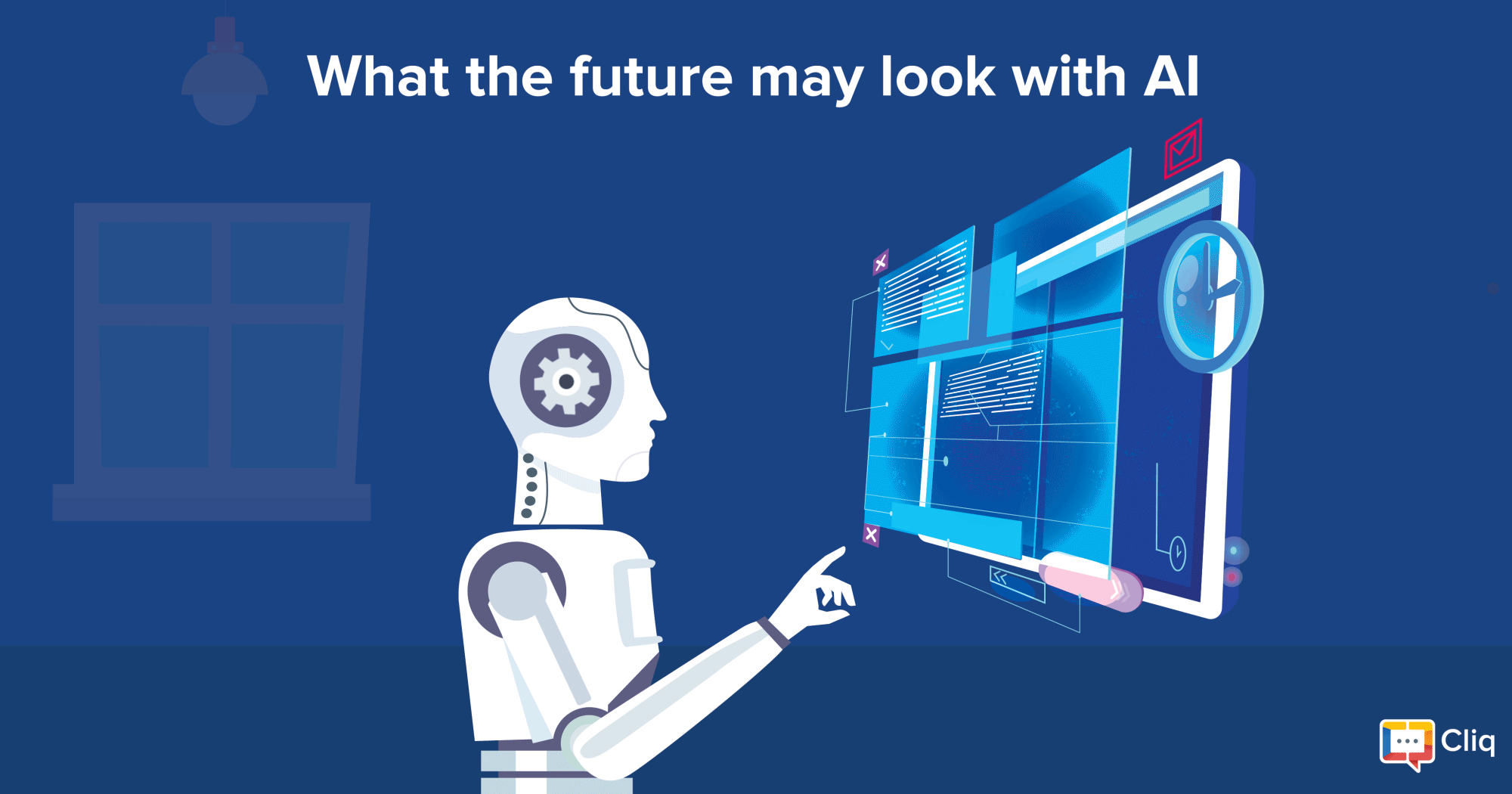
➡️ AI, the Productivity Powerhouse
AI excels at automating routine and repetitive tasks, freeing up your time to focus on what you do best – creative thinking, problem-solving, and building relationships. Imagine having AI handle the tedious data entry, appointment scheduling, or report generation, so you can dedicate your energy to strategic planning, client interactions, or innovative projects.
➡️ New Jobs, New Possibilities
Think of AI as your teammate. It needs human experts to train it, fine-tune it, and ensure it works responsibly. This is leading to entirely new roles that were unimaginable before. AI trainers, data scientists, and ethicists are just a few examples, and as AI expands, so will the demand for individuals to guide its development.
➡️ Data-Powered Insights
AI can analyze massive amounts of information, revealing patterns and trends we wouldn't notice on our own. This empowers you in so many ways! A marketer can use AI for better customer targeting, a salesperson can understand buying behaviors more deeply, and a project manager can predict potential bottlenecks before they cause delays. AI helps you make informed, strategic decisions based on data.
➡️ Enhanced Collaboration and Efficiency
AI isn't just about individual tasks. It's revolutionizing teamwork! AI-powered tools streamline communication, automate workflows, and make information sharing seamless across departments. This means you spend less time in confusing email threads and more time collaborating on the projects that really drive impact.
➡️ Personalized Experiences
AI is changing how you interact with the world and the people around you. In customer service, AI can create personalized chatbots that address specific needs. In healthcare, AI can help analyze medical data leading to customized treatment plans. This trend towards hyper-personalization opens up opportunities for careers focused on customer journeys and individual needs.
How to Use AI to Your Advantage
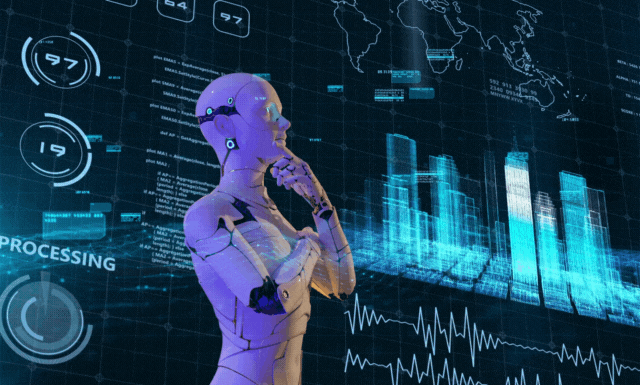
Ready to turn AI into your career booster? Here's a roadmap to get you started:
1️⃣ Get Curious, Start Small:
👉 Identify AI in your Industry
Research how companies in your field are already using AI. Are they automating customer service? Analyzing market trends? Personalizing product recommendations?
👉 Pinpoint Potential Applications
Think about your daily tasks. Are there parts AI could streamline? Could AI help you gather insights from data more easily? Brainstorming unlocks possibilities.
2️⃣ Upskill to Outsmart the Machines
The best way to work alongside AI is to develop the skills it can't replace:
👉 Creativity and Innovation
AI can't match your unique ideas. Embrace opportunities to think outside the box, brainstorm new solutions, or find novel ways to provide value.
👉 Critical Thinking and Problem-Solving
AI relies on the data you provide it. Sharpen your ability to analyze information, ask the right questions, and interpret AI-generated insights thoughtfully.
👉 Communication and Collaboration
Expressing complex ideas clearly and building strong relationships remain essential skills in the AI age. Develop these skills for even greater success.
3️⃣ Build Your AI Network
👉 Attend AI Events
Join conferences, webinars, and meetups in your industry to connect you with experts and reveal the cutting edge of AI implementation.
👉 Engage Online
Join LinkedIn groups focused on AI and your field. Participate in discussions, ask questions, and learn from those already navigating change.
👉 Find a Mentor
A mentor who understands the impact of AI on your industry can offer invaluable guidance and help you identify the most lucrative opportunities.
4️⃣ Action Items to Upgrade Your Skills
👉 Choose an online AI course
Explore platforms like Coursera, Udacity, or LinkedIn Learning for courses relevant to your career goals.
👉 Experiment with AI tools
Try free or low-cost AI tools like grammar checkers, image generators, or writing assistants to get a feel for what AI can do.
👉 Practice AI-Assisted Work
Integrate AI tools into your work (if possible). See how it changes your workflow, where it offers benefits, and where your human expertise is still key.
Resources to Help Your Journey
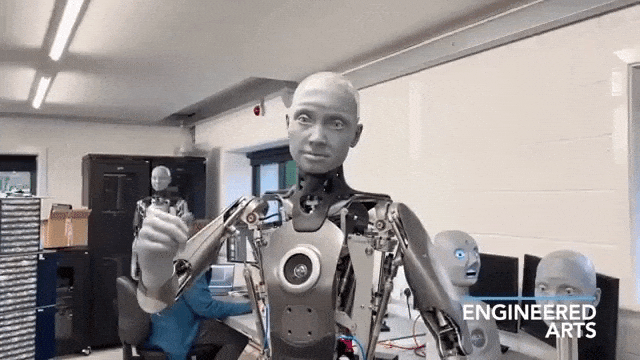
✅ Coursera
It offers a wide range of AI courses. Check Coursera!
✅ LinkedIn Learning
This platform provides professional development courses, including many focused on AI. Check Linkedin Learning!
✅ Local Meetups and Conferences
Search for AI-related events in your area to expand your knowledge and network. For example, there are LinkedIn events that you can join for free.
AI is not the future; it's already here! The most successful professionals will be those who learn to harness its power. Don't just survive this change – thrive in it! By being resourceful, proactive, and willing to learn, you'll unlock new possibilities and position yourself at the forefront of the AI-powered workplace.
Think of AI as a powerful tool in your career toolbox. With the right mindset and a little effort, you can use this tool to build a future-proof career and achieve even greater success.
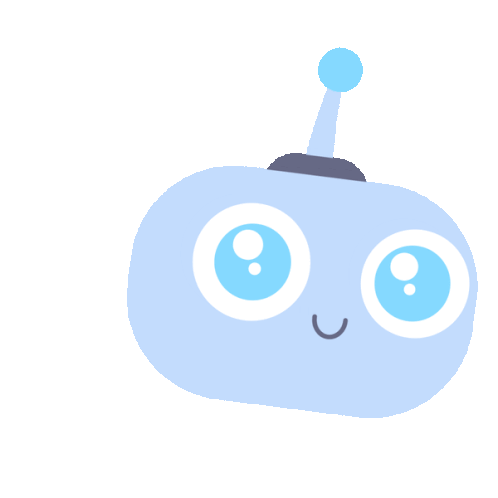
Good luck!!


